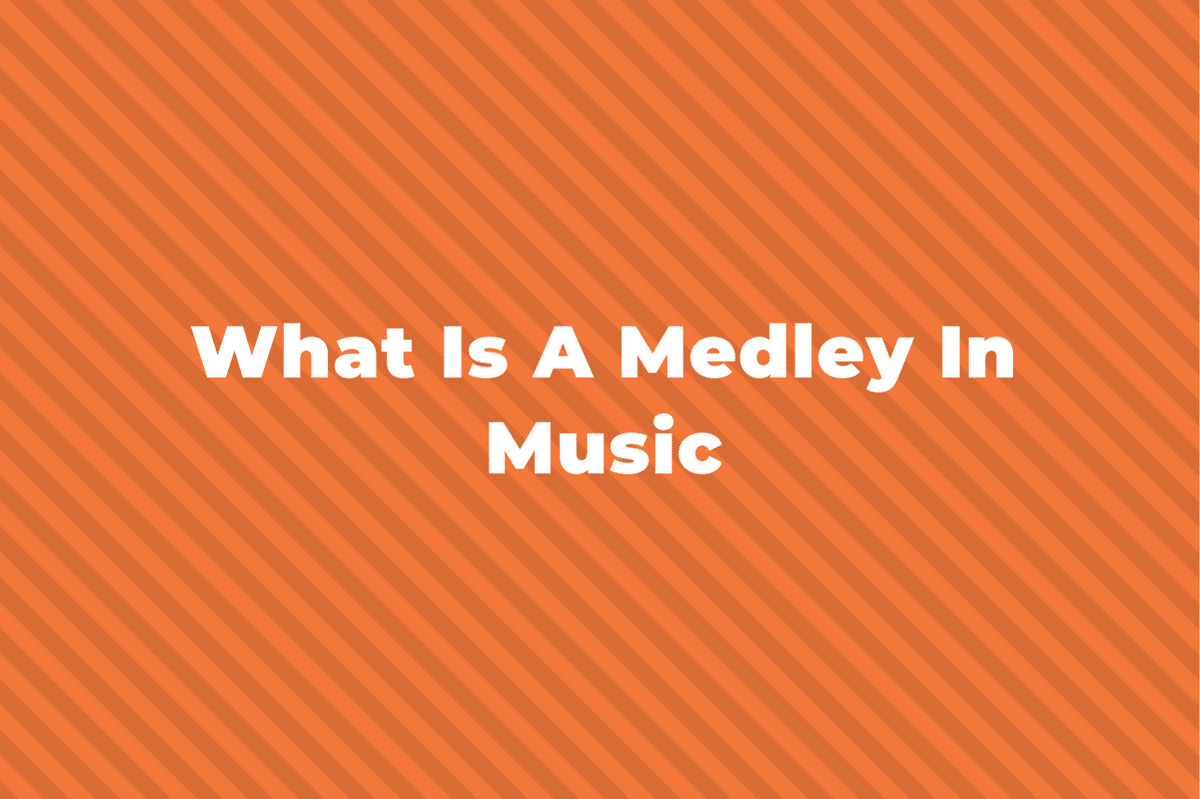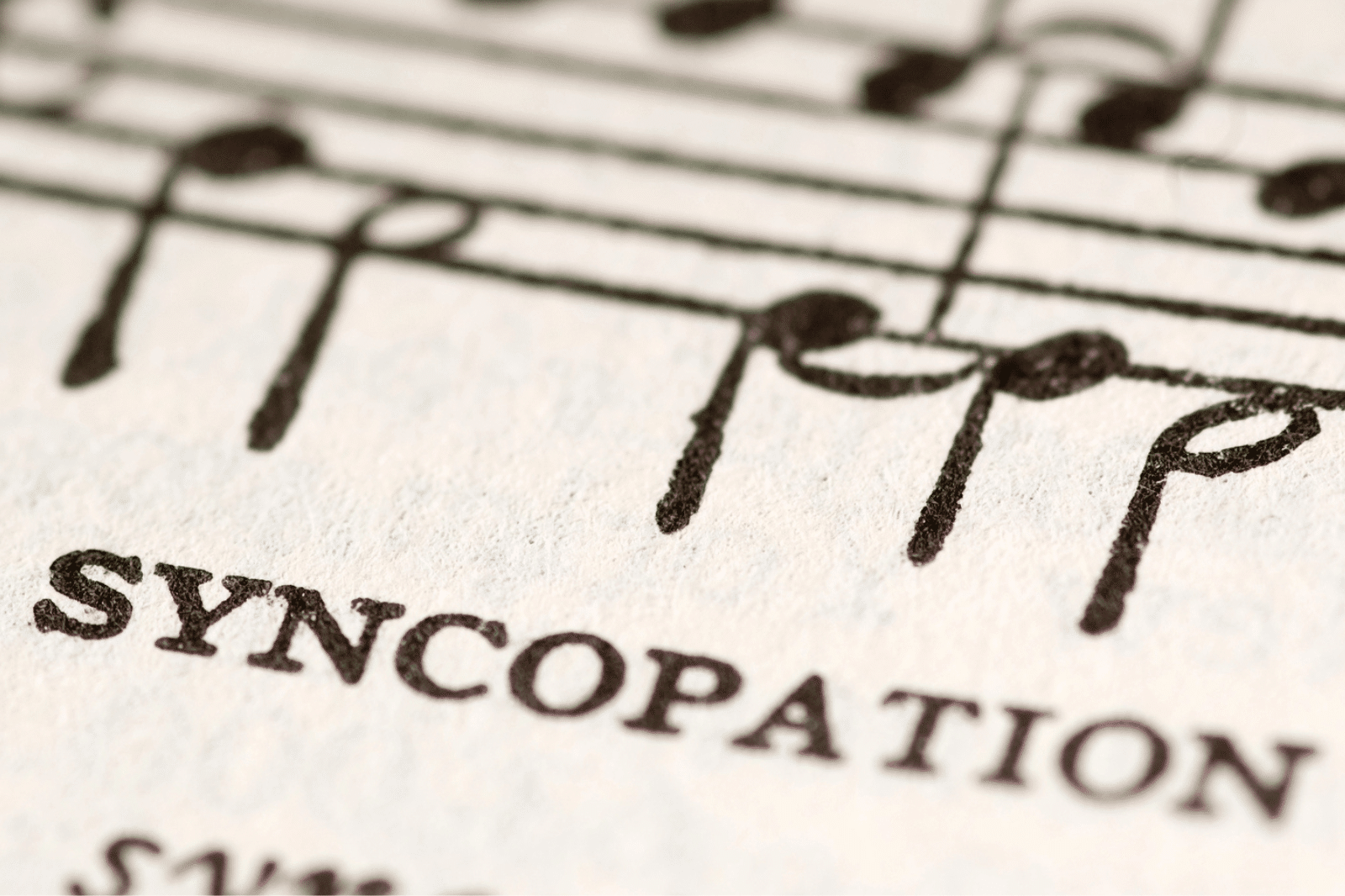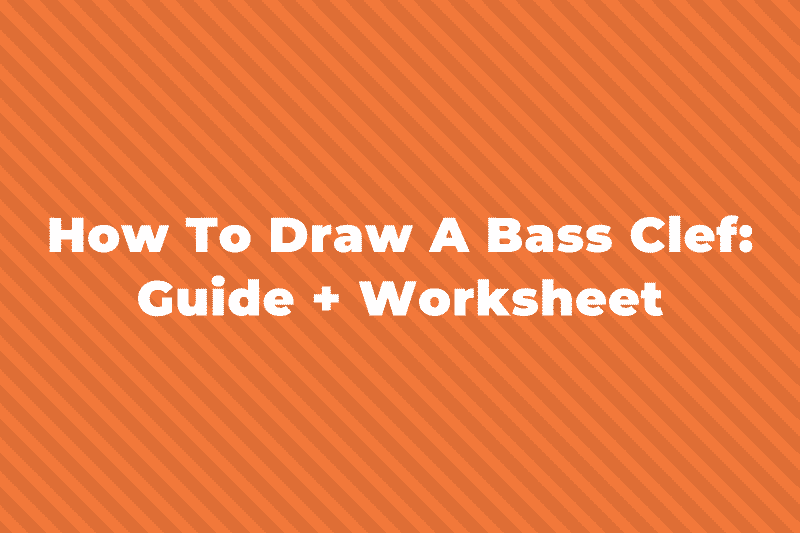Learning music theory can be pretty confusing and overwhelming. The sheer amount of information available can make it hard to know where to start.
In this post, I’ve included links to 40+ of my favorite resources to help you on your journey.
Learning Music Theory
Everybody learns in different ways. Some prefer books and things they can hold, whereas others need someone to explain them to them and are more visual learners. Below, I’ve listed a few of the different ways, along with some of my recommended resources for learning music theory both off and online.
Starting Out
What is music theory? – What even is music theory?
Why Learn Music Theory? – Why should (or shouldn’t) you learn music theory?
MusicTheory.net free lessons – A brilliant set of free music theory lessons going over all the fundamentals.
Blank Sheet Music – Download and print out our free manuscript paper here.
Music Terms Glossary – I’m putting together a huge glossary of different musical terms that you need to know.
Beginner Music Theory Flashcards – I’ve put together a free pack of 250 printable flashcards to help you memorize the basic terms and symbols.
Music Theory Books
Books are a great way to learn and are essential for reference. There are a lot of music theory books available, so finding one that’s well-written and accessible is key. Use some of these as a starting point.
First Steps in Music Theory – This small and handy music theory guide by Eric Taylor is definitely worth checking out. Not too in-depth but easy to digest and takes you up to grade five.
AB Guide To Music Theory – A very comprehensive guide that I refer back to often. The only downside is it’s quite hard to understand. There’s a part two that covers grades six and above.
Music Theory For Dummies – A good general music theory textbook with many examples and written clearly.
Hello Music Theory Study Guides – I’ve written five books covering grades 1 – 5 to help you learn the fundamentals and then pass your exam.
Music Theory Video Courses (Premium)
One of the best ways to study music theory is with a music theory video course. You can do it at your own pace, and it can be a lot cheaper than a 1 to 1 lesson with a music teacher. Here are a few of the courses that I’d recommend.
Hello Music Theory’s Video Course – If you’re looking for a step-by-step walk-through of the fundamentals of music theory, then I’ve put together a video course that’ll teach you everything you need to know for grade 1. Check it out here.
Music Matters – Wonderful video courses taking you through the ABRSM syllabus from educator Gareth Green.
Music Theory Comprehensive on Udemy – The online course platform Udemy has a huge selection of courses available on music theory, but I’ve tried this one, and it’s pretty good!
Music Theory Youtube Channels
If you’re on a budget and don’t have the money for an online course, learning music theory on YouTube is a great alternative to dip your toe in and get up to speed with a certain topic. There are hundreds of different channels dedicated to teaching music, but here are a few of my favorites.
Music Theory Guy – One of my most recommended teachers on YouTube is Stephen Wiles. A wide range of videos covering lots of topics are explained clearly.
Michael New – Well-made videos teaching music theory fundamentals in a clear and logical way.
Dave Conservatoire – A good selection of simple and well-explained YouTube videos covering everything from basic rhythms and harmony to how to use MuseScore.
Other Music Theory Websites
For free lessons and other music theory-related tips, there are a number of good websites to check out. Here’s a selection that you might find helpful.
MyMusicTheory’s Blog – This great website from Victoria Williams has lots of free and premium guides talking about all things music theory.
HelloMusicTheory’s Blog – There are a lot of free lessons on many different topics that you can find here on our blog.
LightNote – A very visual set of lessons taking you through sound waves, harmony, and music theory.
Teoria – Music theory tutorials covering the fundamentals and more advanced harmony.
8Notes – Another good option for music theory lessons and tutorials.
Find A Music Theory Teacher
The sheer amount of available information online can make knowing where to start very overwhelming. Sometimes getting an in-person music teacher, while more expensive, can be good to get you started on your journey. Here are a couple of places to start looking.
MusicTeachers.co.uk – A huge directory of UK-based music teachers.
MusicStaff.com – Worldwide directory of music teachers
Putting It Into Practice
Like most things, music theory begins to make a lot more sense when you actually start using it and putting it into practice. Here are some of my favorite resources to use with students.
Music Theory Physical Workbooks
Looking for a workbook with exercises to practice as you’re learning? There are a couple of options that I can recommend.
Music Theory In Practice – Growing up, I used this set of workbooks by Eric Taylor. They’re one of the most popular options when it comes to workbooks.
Music Theory Made Easy – Aimed at younger kids, this series of workbooks is a great alternative to the music theory in practice series, especially for children.
Theory Of Music Workbook – This series of workbooks is written with the Trinity Syllabus in mind.
Music Theory PDF Worksheets
PDF music theory worksheets are very popular with teachers and students who want some extra practice on certain topics. Here are a few of the best ones I’ve found.
Hello Music Theory Worksheets – I started this website by making worksheets to help my own students, and now they’re available for everyone to download as PDFs here.
My Fun Piano Studio’s Worksheets – These worksheets are very colorful and have some nice illustrations to keep a younger audience engaged.
Opus Music Worksheets – A big selection of worksheets covering all the basics and available to download as PDFs.
Music Tech Teacher Worksheets – A good selection of worksheets covering all the general topics and are available as PDFs.
Music Theory Apps
Learning and practicing music theory daily is key to learning, and using music theory apps is a great way to make it easy to practice. Here are a couple of the best ones I’ve come across.
Theory Lessons by MusicTheory.net – Priced at only $2.99, this app is amazing value and comes highly recommended by me.
Music Theory Pro – Another good option for practicing on the go, this app has been downloaded over 130,000!
Theory Works by ABRSM – While it’s priced slightly higher than some of the other available apps, this one is pretty good and comes with over 6,000 questions to test yourself on and practice different topics.
Music Theory Quizzes, Flashcards, and Games
Practicing with quizzes and games is a great way to make music theory fun for you or your students. Flashcards are also essential for memorization, so below are some of the ones I’ve used and liked.
MusicTheory.net’s Exercises – A massive collection of online exercises that are also available as a mobile app.
Music Cards – A simple set of online flashcards.
Print Your Own – Printable set of theory flashcards.
More Online Flashcards – Another site with online flashcards that’s okay.
Anki – When learning French, I used this app extensively. Very good for training and memorization.
Taking An Exam
Which exam board to take – The most popular exam boards are ABRSM (which is the biggest), Trinity, LCM, and AMEB (Australia).
ABRSM music theory syllabus – Make sure you know the syllabus for the grade that you’re taking.
Hello Music Theory Practice Exams – I’ve put together graded music theory practice papers based on the ABRSM syllabus that you can download and print out.
ABRSM Past Papers – The best way to prepare for a music theory exam is by using practice and past papers. Here’s some from ABRSM, but you’ll need to purchase the answers papers additionally.
Music Theory Help’s Free Practice Papers – This website has some free practice papers you can download, but they’re using the old syllabus and are not that extensive.
Exam tips – If you’re sitting an exam, then check out these tips from My Music Theory.
Learning the foreign performance directions – When taking your exam, you’ll need to learn a lot of Italian, French, and German performance directions. Here’s grade 1, grade 2, grade 3, grade 4, and grade 5.
Music Podcasts
I don’t know about you, but I’m a huge fan of listening to audiobooks and podcasts on the go. There are a couple of music theory podcasts I’d recommend checking out.
Musicality Now – A great podcast talking about all things music with lots of episodes on music theory, practicing, ear training, and more.
Music Student 101 – 80+ episodes of music theory lessons covering everything from the basics to more advanced topics.
The Jazz Podcast – A little shameless plug, but I used to run a podcast with my friend Rob where we interview UK jazz musicians. It’s quite niche, but if you like Jazz and live in the UK, it might be worth your time!
Other cool resources
And finally, here are some other miscellaneous websites, videos or resources that I really like.
Harmony explained in five levels of complexity – This video from Jacob Collier explains the concept of harmony to five different people: a child, a teen, a college student, a professional, and jazz legend Herbie Hancock.
Bobby McFerrin Explains The Pentatonic Scale – A quick video of one of my musical heroes, Bobby McFerrin, demonstrating the power of the Pentatonic Scale.
Music People for Musicians and Normal People – I love these PDF posters by Toby Rush, which explain some music theory concepts in an almost comic book style.
Anyway, I hope you find these music theory resources helpful. I add to them regularly when I find useful sites. Do you have any other suggestions for resources that should be on this list?



